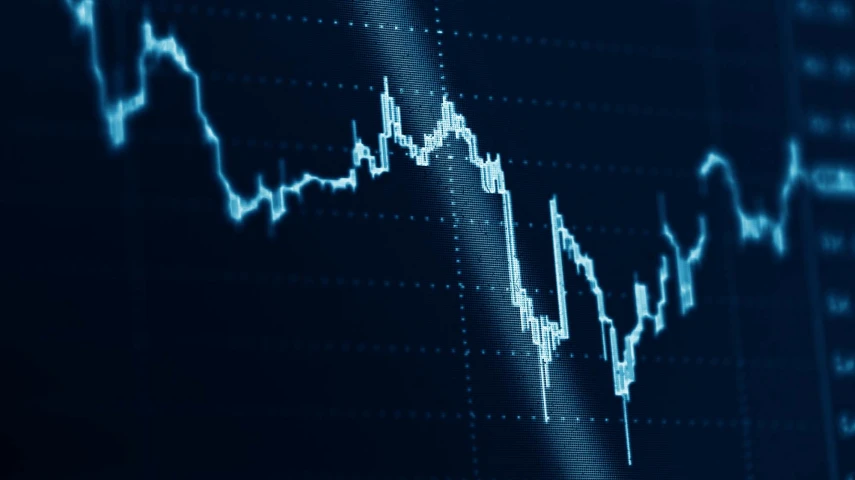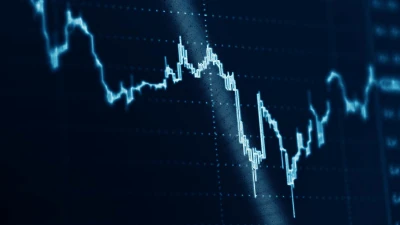GQG sees first FUM decline in 12 months



GQG Partners has reported a decrease in its funds under management (FUM), its first fall since October last year.
In an ASX announcement, the asset manager confirmed its FUM declined from US$161.6 billion ($245 billion) at the end of September to US$159.4 billion as at 31 October 2024.
GQG has enjoyed consecutive FUM growth over the past year, meaning this represents its first decline since October 2023.
The firm reported net flows of US$3 billion for October, up from US$2.2 billion in September. It has gathered net flows of US$20.3 billion this year-to-date.
Breaking it down by asset class FUM, all but one division saw a minor decrease. International equity declined from US$62.9 billion to US$61.7 billion, global equity fell from US$39.7 billion to US$39.4 billion, and emerging markets equity decreased from US$43.9 billion to US$42.6 billion.
Meanwhile, US equity saw a minor rise from US$15.1 billion to US$15.7 billion.
In its half-year results for the six months to 30 June, the fund management firm reported overall net inflows of US$11.1 billion. Overall FUM was US$155.6 billion, fuelled by net inflows during the period of US$11.1 billion and gains in global equity markets. This compared to net flows of US$6.2 billion in the first half of 2023, a rise of 79 per cent.
However, Morningstar flagged in September that a large proportion of these – US$10.5 billion – came from the US market where active funds are facing pressure from passive ones.
The research house explained: “We expect GQG’s burgeoning funds under management to weigh on long-term performance. A growing portion of its FUM now comes from the Americas, reaching 82 per cent, up from 80 per cent in June 2023, and 77 per cent in June 2022.
“This region faces strong competition from passive investments, while capacity constraints for its strategies are also a medium-term risk – both likely to inhibit new flows. Year-to-date (to July 2024) net flows of US$14 billion already exceed the about US$10 billion recorded for 2023, but part of this could be due to pent-up demand – following depressed markets in 2022–2023 – that may not recur.”
Morningstar also warned that investors are underestimating the risk of performance mean reversion at GQG.
“While near-term flow momentum is strong due to recent outperformance, we believe the market may be underestimating the risk of performance mean reversion. We expect net flows to taper from current highs over time, and given GQG’s high operating leverage, earnings growth in the long term will likely slow.”
Recommended for you
Clime Investment Management has welcomed an independent director to its board, which follows a series of recent appointments at the company.
Ethical investment manager Australian Ethical has cited the ongoing challenging market environment for its modest decrease in assets over the latest quarter.
Commentators have said Australian fund managers are less knowledgeable compared with overseas peers when it comes to expanding their range with ETFs and underestimating the competition from passive strategies.
VanEck is to list two ETFs on the ASX next week, one investing in residential mortgage-backed securities and the other in Indian companies.















